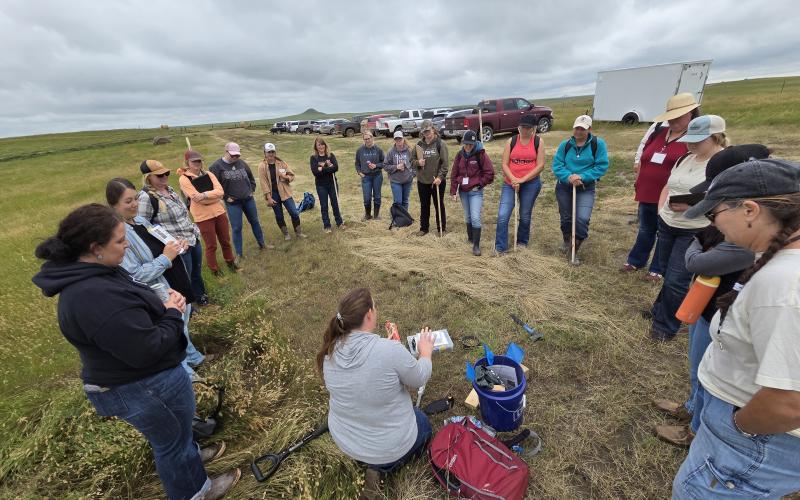Written by Katie Minder under the direction and review of Lorna Saboe-Wounded Head.
Social Security benefits are money you get from the government when you retire. You get them if you have worked and paid Social Security taxes for a certain amount of time. The amount you get depends on how much you earned during your top thirty-five earning years. If you have not worked for thirty-five years, they will calculate the benefit based on how much you worked.
Some people think they cannot work and collect Social Security at the same time, but that is not true if they do not earn more than $22,320. If they earn more, their benefits may be less. Any benefits you do not get because of working will stay in your Social Security account until you stop working. To check the amount you will receive for retirement benefits, create an account at the Social Security website.
Benefits by Retirement Age

The full retirement age for Social Security is sixty-seven. If you start getting Social Security before then, you will receive less each month – about 30% less if you start at age sixty-two. If you wait until you are sixty-seven, you will get more each month. For every year after sixty-seven that you wait, you will get 8% more.
Special Situations:
- If your spouse dies and they were getting or could get more Social Security than you, you can start getting their amount instead once you reach retirement age. You do not need to do anything extra – the Social Security Administration will figure out the change in amount.
- If you get divorced and your ex-spouse was earning more Social Security, you can receive their benefit amount at retirement age. This only works if you were married for ten years or more and they have not remarried.
Additional Resources
- Retirement Resources, U.S. Social Security Administration.
- Family Benefits, U.S. Social Security Administration.
- Create your personal my Social Security, U.S. Social Security Administration.


